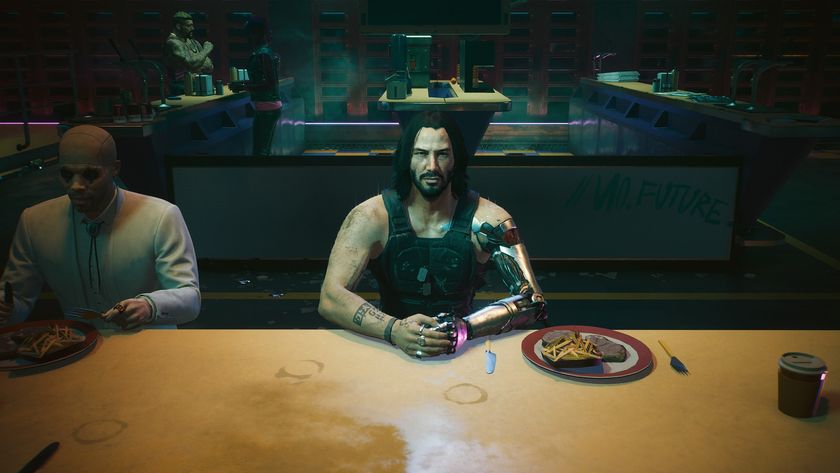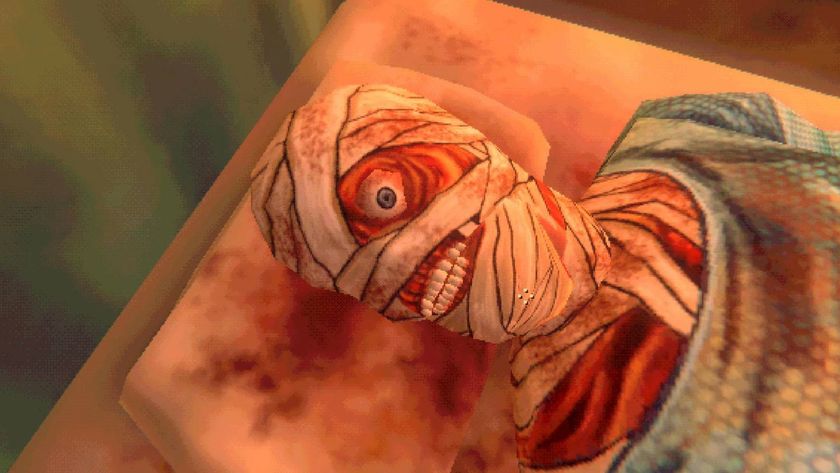Why you can trust 12DOVE
Home of the brave, land of the free… The myths a nation tells about itself don’t always stand up in the cold reality of the dawn’s early light. It’s an idea that bubbles away beneath the surface of this thoughtful, low-key military drama from director Kimberly Peirce (Boys Don’t Cry), an Iraq War movie that isn’t actually a war movie, more of a state-of-the-nation snapshot.
In 1978 The Deer Hunter offered something similar, plastering a cinematic band-aid on the gaping wound that was Vietnam. In 2008, while other movies about Iraq (Redacted, Battle For Haditha, In The Valley Of Elah) unload their antiwar feelings on full-auto, Stop-Loss tries to win hearts and minds with a softly, softly approach that establishes character – Ryan Phillippe’s patriotic, good ol’ boy non-com Staff Sgt King, who’s returning home a decorated hero after a tour in “Eye-raq” – before haranguing us with a little bit of politics.
Less angry about the war itself than the treatment of the soldiers fighting it, Peirce outs the controversial policy of ‘stop-lossing’, where serving soldiers’ contracts are involuntarily extended. Butt-fucked by Uncle Sam and about to be shipped back to Iraq for another tour, King complains to his commanding officer (Timothy Olyphant). “Are you gay or pregnant, or do you have some other extenuating circumstance?” snaps the bullet-headed lieutenant. So much for the land of the free...
As King goes on the run Stateside with a squad mate’s girlfriend (Abbie Cornish), we’re led into a twilight world of AWOL veterans. Meanwhile, King’s squad mates back at base battle their own demons. Post-traumatic stress is rife: the hoo-har swagger (“We’re over there killing them in Iraq so we don’t have to kill them in Texas!”) unable to ward off the long dark nights of the soul that King’s men face after surviving the film’s opening salvo of in-country action.
Stop-Loss’ roll call of supporting tragedy hits hard – amputees, suicides and traumatised grunts drowning battle memories in booze. It’s Phillippe who grounds the movie, though. His true-blue Texan is haunted by guilt and subject to chillingly psychotic flip-outs, like confusing a gang of Texan car thieves for Iraqi insurgents (“On your knees hadjis, y’all better start praying to Allah”).
When, asks Stop-Loss, does one’s duty to one’s country end? And, more importantly, what about one’s duty to one’s brothers in arms? They’re valid but small questions and it’s Peirce’s pursuit of them that prevents Stop-Loss from becoming a definitive statement on Iraq. Instead, the film works as a solid human drama, too worthy to completely thrill, yet moving enough to linger. “Death before dishonour,” read the tattoos inked into the grunts’ sandblasted skin. Stop-Loss’ vision of combat stress suggests honour sometimes has another, equally exorbitant, price.
Despite hard-pushed comparisons, this isn't the Iraq War's Deer Hunter. Instead, it's a thoughtful pro-troop movie that swaps anti-war sloganeering for a human drama about the nature of duty and honour, with a standout performance from Phillippe.
The Total Film team are made up of the finest minds in all of film journalism. They are: Editor Jane Crowther, Deputy Editor Matt Maytum, Reviews Ed Matthew Leyland, News Editor Jordan Farley, and Online Editor Emily Murray. Expect exclusive news, reviews, features, and more from the team behind the smarter movie magazine.

Cyberpunk 2 associate game director reveals his greatest development secret: 10 hour loops of music like "Epic Sax Guy" that "gives me insane focus and clarity"

After hitting 500,000 copies sold and nearly 24,000 reviews on Steam, viral $13 horror game Mouthwashing is coming to consoles this year

"A really sad day for speedrunning": The world's fastest gamers brace for a new Twitch storage limit on "all highlights and uploads"
Most Popular



